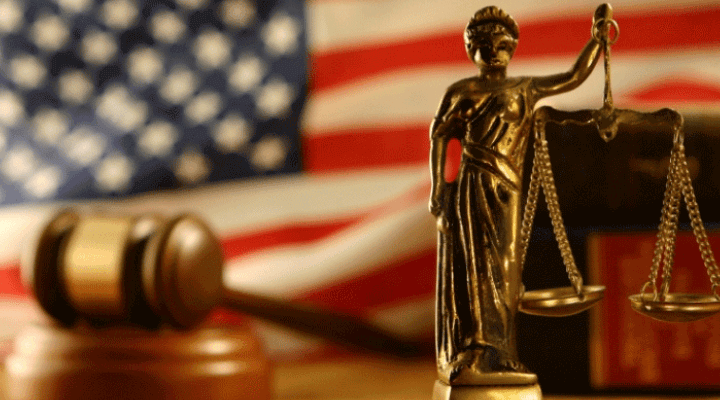If you are a federal contractor and ever have the misfortune of encountering security clearance problems, chances are high that you’ll wind-up pleading your case before the Defense Office of Hearings and Appeals (“DOHA”). The primary exceptions to this rule are contractors working for intelligence agencies or the Department of Energy. Those agencies adjudicate cases internally.
No matter which agency is handling your case, representing yourself – as I’ve previously discussed – is often a quick ticket to the unemployment line. Denial statistics compiled by ClearanceJobs.com contributor William Henderson clearly bear that out. Yet federal agencies take inadequate steps to explain the importance of legal representation to applicants.
Unfortunately, sometimes an applicant is in such dire financial straits that he or she simply cannot afford an attorney. That means that the applicant will be arguing his or her case against (and to) a trial-tested attorney who has seen hundreds of applicants previously making the same arguments and developed strategies to overcome virtually every possible defense. Nonetheless, it is possible that a “pro se” (self-represented) applicant may have a novel defense that actually works.
Understanding Due Process
In a shocking due process violation, the government attorneys at DOHA routinely send applicants letters demanding that the applicant inform the government attorney prior to the hearing of any objections that the applicant may have to the government’s evidence (both sides exchange evidence before the hearing in a process known as “discovery”). Conversely, however, the government attorney does not afford the applicant the same courtesy. Thus, the appearance is that the government is receiving an unfair advantage in hearings by having had the benefit of time to analyze and pick apart applicant evidentiary objections.
My law firm routinely objects to these demands and refuses to comply on due process grounds. But pro se Applicants may not be familiar with the law and the protections it provides them. They are particularly prejudiced by the language in the letter, as the request comes from “the government” and may be interpreted as a requirement. Even attorneys who are less familiar with the hearing process could fall victim to this trap. There is no legitimate reason why such a demand would be appropriate in an adversarial hearing.
Accordingly, I requested six (6) months ago in a letter to DOHA that the practice end immediately. As of the date of this article, no response has been received. The due process violations continue. If you’re currently facing a DOHA hearing, keep in mind that the cost of an attorney or qualified security clearance professional will likely outweigh the loss of your livelihood and security clearance.
This article is intended as general information only and should not be construed as legal advice. Consult an attorney regarding your specific situation.




